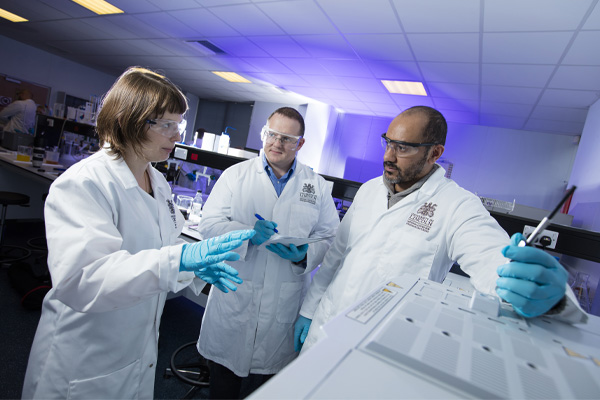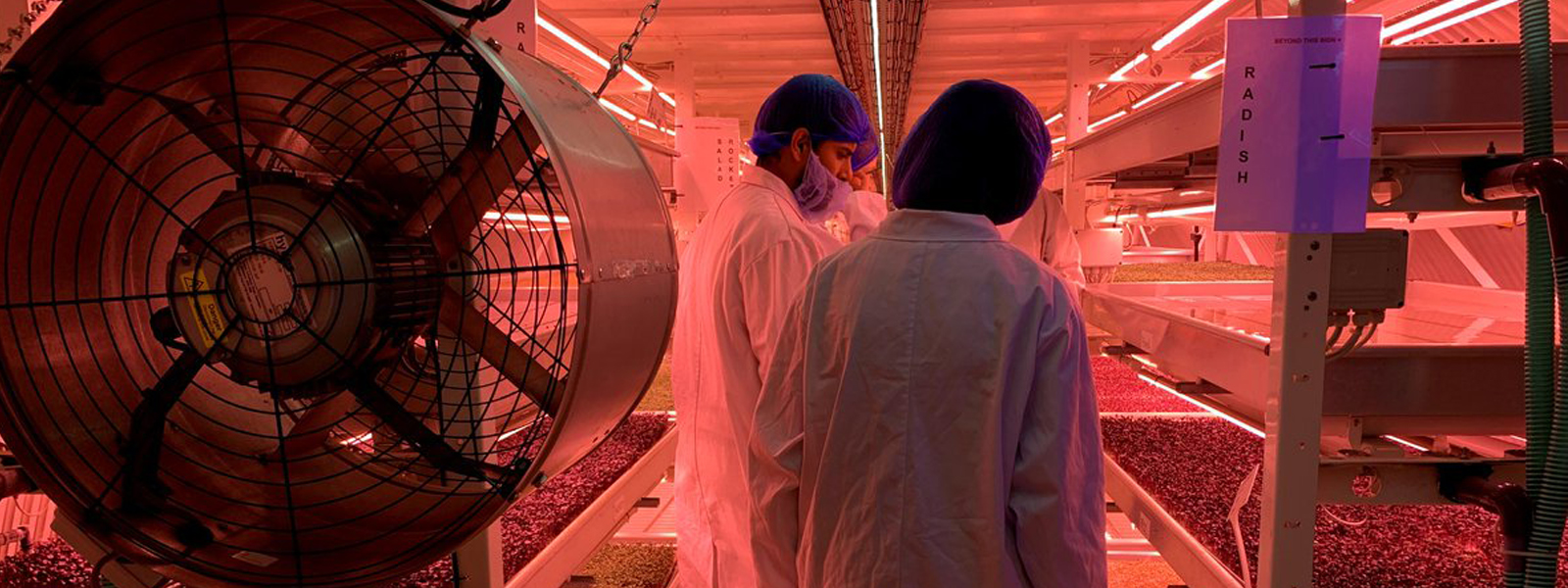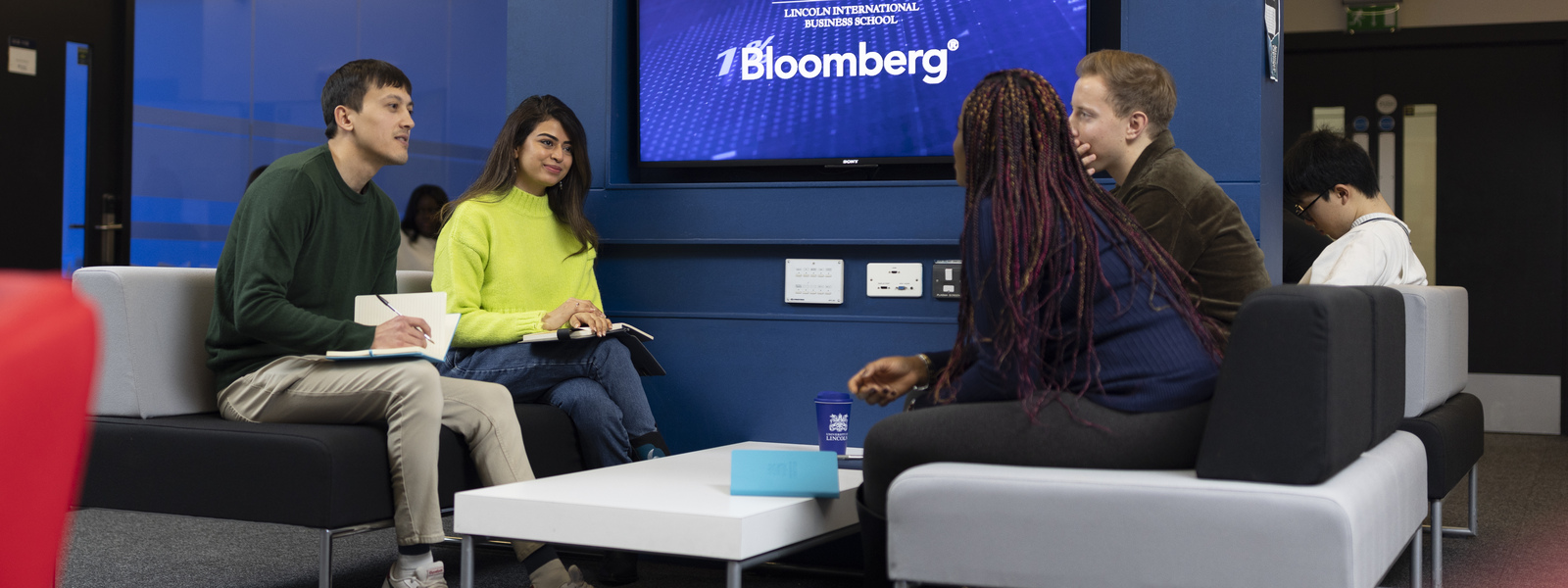We have informed curricula through a MAP CPD programme in Rwanda, the development of child clubs in Kyrgyzstan, Rwanda, Indonesia, and Nepal, and the creation of local curriculum in Nepal and Indonesia. We are also working with UNESCO in relation to informing arts-education in Nepal, and have just launched a MAP UNESCO event that included ministers, IO, and NGO officials, alongside other stakeholders, including artists and youth researchers. There have been 'arts dialogue' forums that focus on communicating the needs/issues of children and young people to decision-makers. This includes local MAP researcher clubs that are established in schools/out of school settings and has involved a training of trainers for teachers/youth workers/young people (ex: 7 child clubs in Nepal, 18 youth researcher clubs in Kyrgyzstan, 45 clubs in Rwanda, and working with street connected youth via youth focused organisations in Indonesia).

















